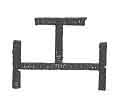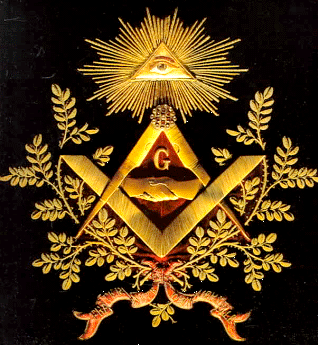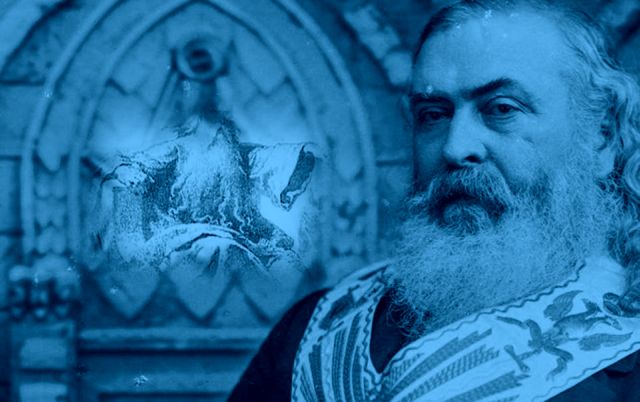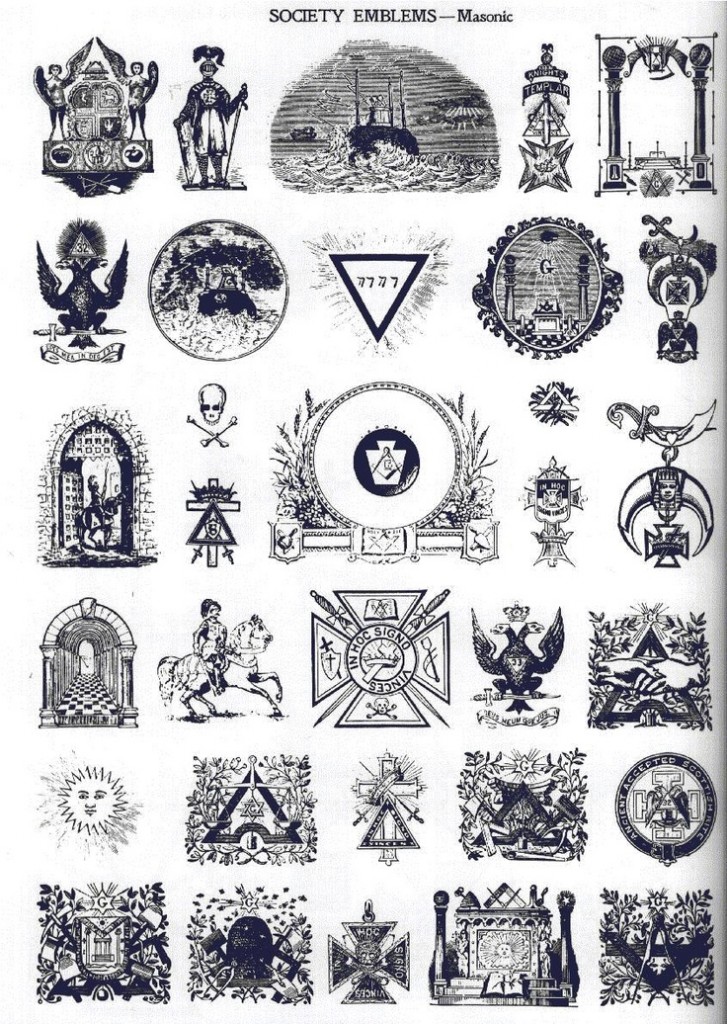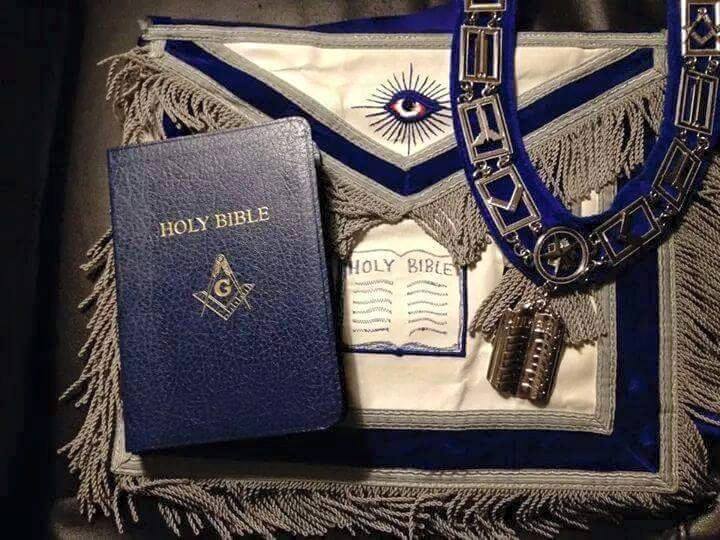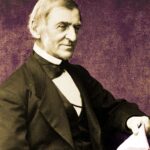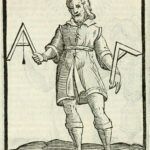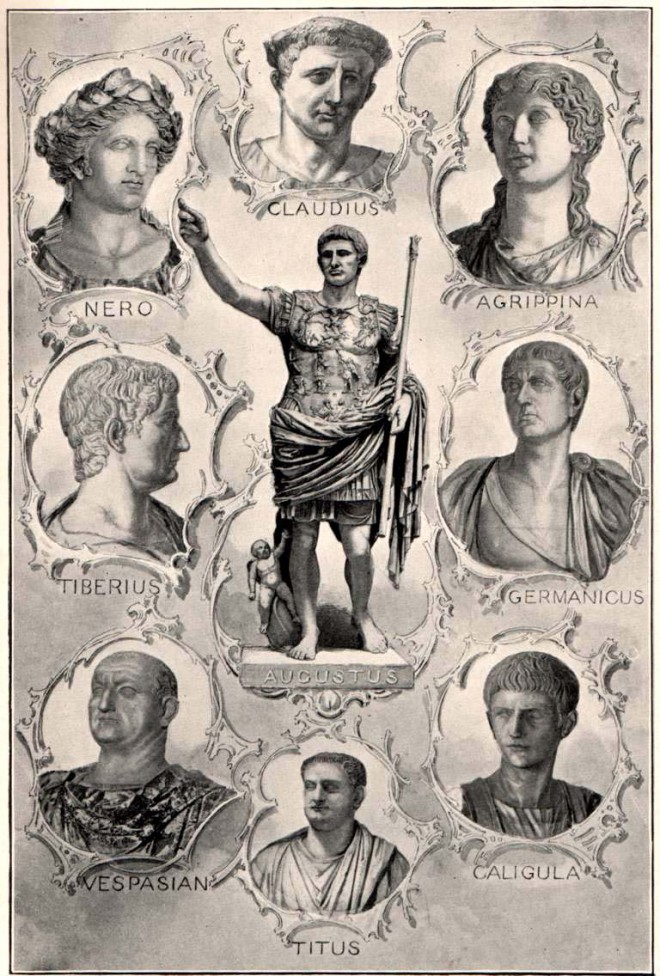Page 369
grows in strength and power at the expense of its spiritual parent. Then the already half-unconscious soul, now fully intoxicated by the fumes of earthly life, becomes senseless, beyond hope of redemption. It is powerless to discern the splendor of its higher spirit, to hear the warning voice of its “guardian Angel,” and its “God.” It aims but at the development and fuller comprehension of natural, earthly life; and thus, can discover but the mysteries of physical nature. Its grief and fear, hope and joy, are all closely blended with its terrestrial existence. It ignores all that cannot be demonstrated by either its organs of action, or sensation. It begins by becoming virtually dead; it dies at last completely. It is annihilated. Such a catastrophe may often happen long years before the final separation of the life-principle from the body. When death arrives, its iron and clammy grasp finds work with life as usual; but there is no more a soul to liberate. The whole essence of the latter has been already absorbed by the vital system of the physical man. Grim death frees but a spiritual corpse; at best an idiot. Unable either to soar higher or awaken from lethargy, it is soon dissolved in the elements of the terrestrial atmosphere.
Seers, righteous men, who had attained to the highest science of the inner man and the knowledge of truth, have, like Marcus Antoninus, received instructions “from the gods,” in sleep and otherwise. Helped by the purer spirits, those that dwell in “regions of eternal bliss,” they have watched the process and warned mankind repeatedly. Skepticism may sneer; faith, based on knowledge and spiritual science, believes and affirms.
Our present cycle is preeminently one of such soul-deaths. We elbow soulless men and women at every step in life. Neither can we wonder, in the present state of things, at the gigantic failure of Hegel’s and Schelling’s last efforts at some metaphysical construction of a system. When facts, palpable and tangible facts of phenomenal Spiritualism happen daily and hourly, and yet are denied by the majority of “civilized” nations, little chance is there for the acceptance of purely abstract metaphysics by the ever-growing crowd of materialists.
In the book called by Champollion La Manifestation a la Lumiere, there is a chapter on the Ritual which is full of mysterious dialogues, with addresses to various “Powers” by the soul. Among these dialogues there is one which is more than expressive of the potentiality of the “Word.” The scene is laid in the “Hall of the Two Truths.” The “Door,” the “Hall of Truth,” and even the various parts of the gate, address the soul which presents itself for admission. They all forbid it entrance unless it tells them their mystery, or mystic names. What student of the Secret Doctrines can fail to recognize in these names an iden-
Page 370
tity of meaning and purpose with those to be met with in the Vedas, the later works of the Brahmans, and the Kabala?
Magicians, Kabalists, Mystics, Neo-platonists and Theurgists of Alexandria, who so surpassed the Christians in their achievements in the secret science; Brahmans or Samaneans (Shamans) of old; and modern Brahmans, Buddhists, and Lamaists, have all claimed that a certain power attaches to these various names, pertaining to one ineffable Word. We have shown from personal experience how deeply the belief is rooted to this day in the popular mind all over Russia, that the Word works “miracles” and is at the bottom of every magical feat. Kabalists mysteriously connect Faith with it. So did the apostles, basing their assertions on the words of Jesus, who is made to say: “If ye have faith as a grain of mustard seed . . . nothing shall be impossible unto you,” and Paul, repeating the words of Moses, tells that “the WORD is nigh thee, even in thy mouth, and in thy heart; that is, the word of faith” (Romans x. 8). But who, except the initiates, can boast of comprehending its full significance?
In our days it is as it was in olden times, to believe in the biblical “miracles” requires faith; but to be enabled to produce them one’s self demands a knowledge of the esoteric meaning of the “word.” “If Christ,” say Dr. Farrar and Canon Westcott, “wrought no miracles, then the gospels are untrustworthy.” But even supposing that he did work them, would that prove that gospels written by others than himself are any more trustworthy? And if not, to what purpose is the argument? Besides, such a line of reasoning would warrant the analogy that miracles performed by other religionists than Christians ought to make their gospels trustworthy. Does not this imply at least an equality between the Christian Scriptures and the Buddhist sacred books? For these equally abound with phenomena of the most astounding character. Moreover, the Christians have no longer genuine miracles produced through their priests, for they have lost the Word. But many a Buddhist Lama or Siamese Talapoin — unless all travellers have conspired to lie — has been and now is able to duplicate every phenomenon described in the New Testament, and even do more, without any pretence of suspension of natural law or divine intervention either. In fact, Christianity proves that it is as dead in faith as it is dead in works, while Buddhism is full of vitality and supported by practical proofs.

Moe is the founder of GnosticWarrior.com. He is a father, husband, author, martial arts black belt, and an expert in Gnosticism, the occult, and esotericism.

